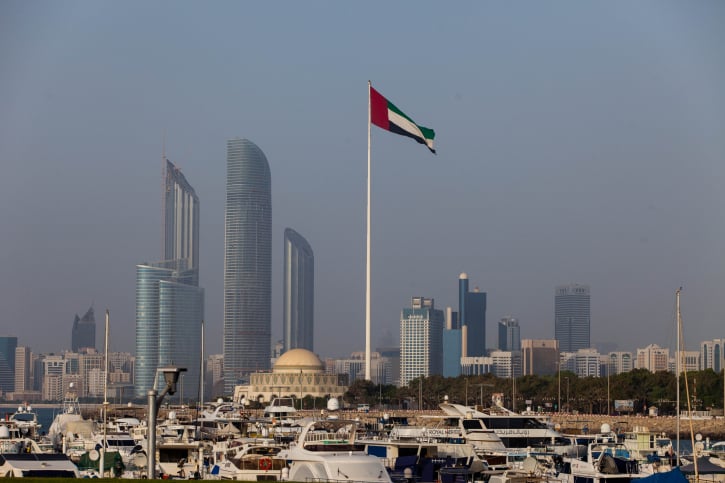IMF Cuts UAE’s 2015 Growth Forecast
The Gulf country is expected to see a growth of 3.5 per cent for 2015 and 2016, according to IMF’s latest update.

The International Monetary Fund (IMF) has slashed its economic growth forecast for the UAE owing to the falling oil prices.
In a press conference, the fund said that the UAE is expected to see a growth of 3.5 per cent in 2015 and 2016, down by one per cent from its October estimate.
The IMF anticipated that Abu Dhabi, which is highly dependant on hydrocarbon revenues, is set to see an overall economic growth of three per cent while its non-oil economy is slated to grow 5.5 per cent in 2015.
“The reason why the number for Abu Dhabi is lower than we were projecting is because oil production is lower, since the demand for oil is lower,” said Masood Ahmed, director, Middle East and Central Africa.
“If you look at the non-oil part of the economy for Abu Dhabi, which is the part that most directly affects economic activity and employment, that is growing at over 5.5 per cent this year and next year, but the oil part is lower.”
Meanwhile, Dubai’s economy is projected to grow by 4.5 per cent this year and 4.6 per cent in 2016, the fund said.
The UAE is also expected to run a fiscal deficit in 2015 due to the fall in crude prices, Masood said.
“If you look at the UAE, on our current oil price assumption, for 2015, which is $57 for the composite price that we use, the UAE will run a fiscal deficit this year of around 3.5 per cent of GDP,” he said.
“And with continued gradual fiscal adjustment and the expected recovery in oil prices in line with futures markets, we project that the UAE could begin posting budget surpluses again from 2017.
“So 2015 and 2016 is likely to run a deficit and after that it could start running a surplus.”
However, Masood added that the Gulf Arab country has large buffers in the form of its foreign assets that will help it tide through the deficit.
The UAE’s lower growth forecast echoes a region-wide trend, with growth estimations down for all GCC countries due to the fall in oil prices.
Economies that are dependent on oil exports, including Qatar, Iraq, Libya and Saudi Arabia, will be hit hardest by the more than 50 per cent decline in petroleum prices, the IMF said.
The fund also noted that oil exporting countries in the Middle East are expected to experience a loss of $300 billion due to the plunge in oil prices.
